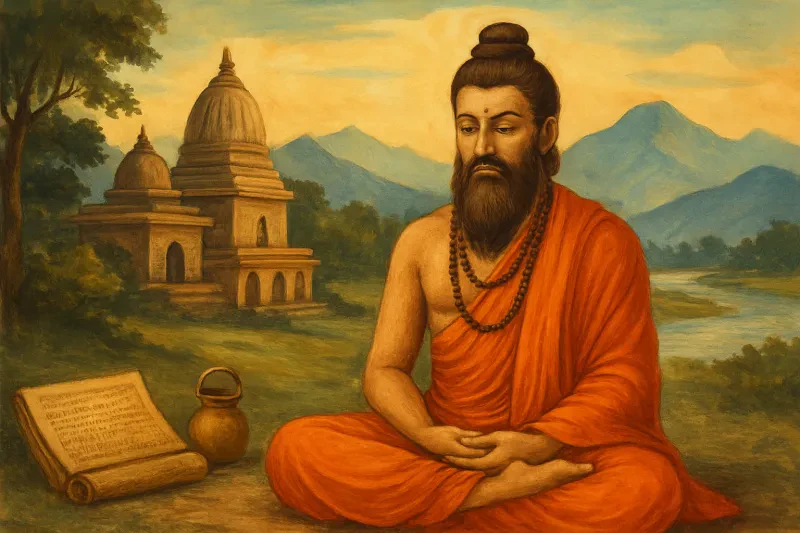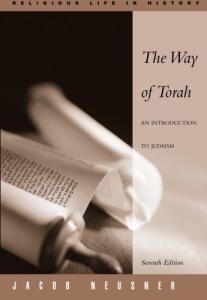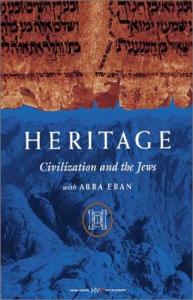Judaism, one of the world’s oldest monotheistic religions, has a complex history spanning thousands of years, rich in tradition and diverse interpretations. Its principles, although simple – the worship of a single God and following His law – have given rise to a thriving and complex religion, characterized by intricate ceremonies, morality, and a comprehensive system of religious law. To comprehend Judaism, it’s necessary to embrace its fluidity — a path that led from ancient Canaan to today’s worldwide phenomenon.
At its core, it’s the story of Abraham (Avraham), the founding father of the Jewish people. His covenant with God, a contract offering land and descendants in return for scrupulous faith and obedience, underpins Jewish identity. This covenant, reaffirmed and elaborated upon by individuals such as Isaac (Yitzchak) and Jacob (Yaakov), culminates in the formation of the twelve tribes of Israel and the liberation from slavery in Egypt, a defining moment described in the Torah (also known as the Pentateuch or Five Books of Moses). The Exodus, marked by the miraculous parting of the Red Sea, embodies freedom, divine aid, and the enduring strength of faith in the face of tyranny. This moment remains a poignant reminder of God’s steadfast devotion to His people and a powerful inspiration for Jewish resistance and resilience throughout the ages.
The Torah, given to Moses at Mount Sinai, is not just a historical document but a comprehensive legal and ethical code that covers every detail of Jewish life. It encompasses laws of ritual practice (kashrut, Shabbat, and the festivals), civil law, and ethics. These laws, deliberated over and refined by rabbis across the generations, are not meant as hard-and-fast rules but as guiding principles to create a righteous and just society. The Oral Torah, first transmitted orally and then codified in works such as the Mishnah and the Talmud, offers additional explanations and interpretations of the written Torah, extending its relevance to an ever-changing social world.
In addition to the Torah, there are the Nevi’im (Prophets) and Ketuvim (Writings), which together form the Nevi’im veKetuvim and complete the Tanakh (Hebrew Bible). These books recount the history of the Israelite kingdoms, offer profound ethical and prophetic teachings, and delve into the complexities of human nature and the divine relationship between humanity and God. This is especially true of the prophetic books, which emphasize social justice, ethical responsibility, and the importance of adhering to God’s will despite adversity.
The destruction of the first and second temples in Jerusalem – epicenters of worship and national cohesion – greatly affected Jewish history and religion. This diaspora dispersed Jewish communities worldwide, giving rise to different Jewish cultures and customs. Although they preserved a strong sense of communal identity, they adapted and evolved, giving rise to various denominations and interpretations within Judaism, including Orthodox, Conservative, Reform, and Reconstructionist Judaism, each with its approach to halakha (Jewish law) and religious observance.
Even in light of past hardships and the spread of Jews throughout the world, Judaism has endured for thousands of years. This singular faith in God, this devotion to the law of the Torah, and this unshakable hope for the messianic age have been forces of iron, propelling the Jew forward and forming the basis of their remarkable impact on world culture, philosophy, and ethics. Its continuous transformation, innovation, and polyglot manifestations emphasize the colorful, indelible legacy of this millennia-old yet eternally fresh religion.







